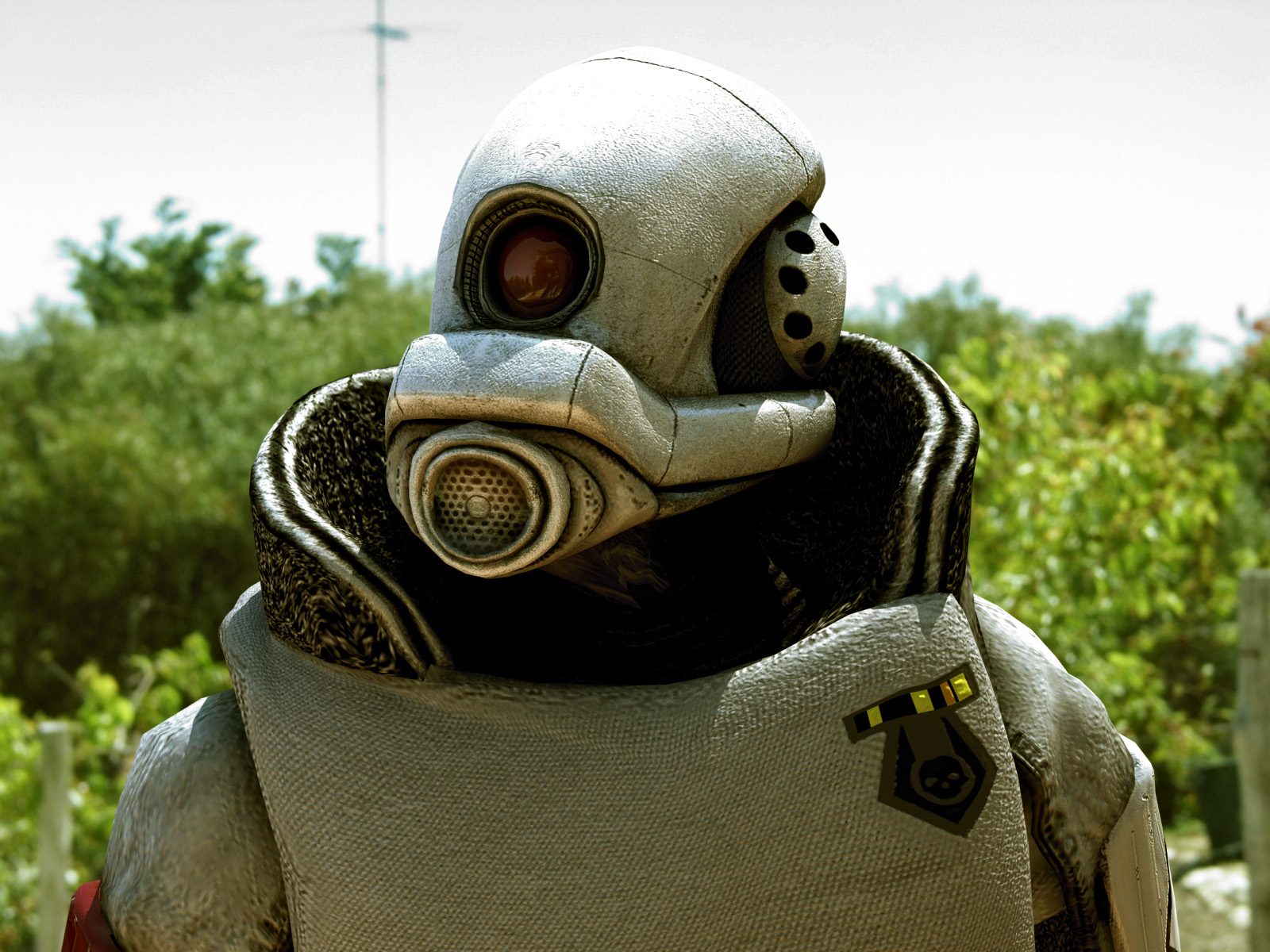
One of the challenges was finding time to write, since I was working a pretty demanding full-time job at the same time, first as a reporter and then as an editor. What were some of the challenges that you faced? On your website you mention how the book took you more than 10 years to complete. I filed those stories away for a while, letting them stew in my mind until I came up with a story arc.

North Korea’s ambassador to the United Nations was hospitalized in New York City in the summer of that year, and when word spread that he couldn’t pay his medical bills because the North Korean government was in such financial dire straits, the local Korean-American community rallied around the cause to help him.Īround the same time, there were several high-profile defections of North Korean officials, and those events got me wondering what it must be like to be an official from the reclusive country stationed overseas - someone who has to peddle the propaganda but also has seen enough of the outside world to know the paradoxes of their own country. The inspiration for “Half Life” grew out of some real-life incidents in 1997. What was the inspiration behind your book? Half Life is a thriller focusing on politics, espionage and North Korea.
/i.s3.glbimg.com/v1/AUTH_08fbf48bc0524877943fe86e43087e7a/internal_photos/bs/2018/n/a/nM7S1mQBOvMtpnlHaEdg/half-life-gordon-freeman.jpg)
Paul spoke to Asia Society Korea Center’s contributing writer Matthew Fennell to discuss the book and his hopes for future publications. He was born in South Korea having lived in London during his childhood and now lives in Brooklyn, New York.

He was previously a reporter and editor for the New York Daily News. Shin’s debut novel following a career as an award-winning journalist for more than 20 years, most recently for ABC News. One of the most exciting books released this fall is “Half Life”, a fast-paced thriller centering on politics, North Korea and believable characters.


 0 kommentar(er)
0 kommentar(er)
